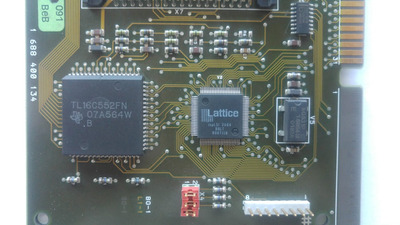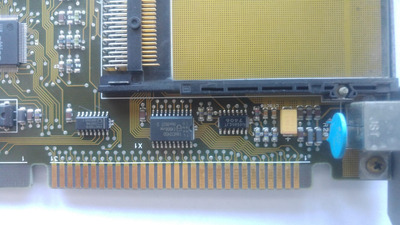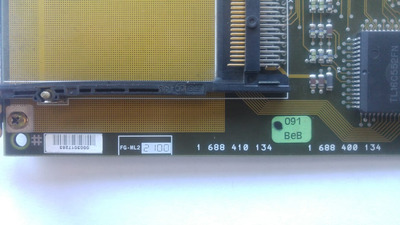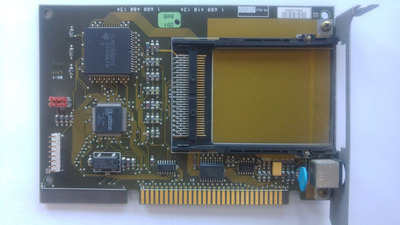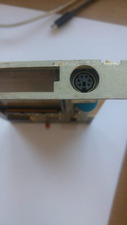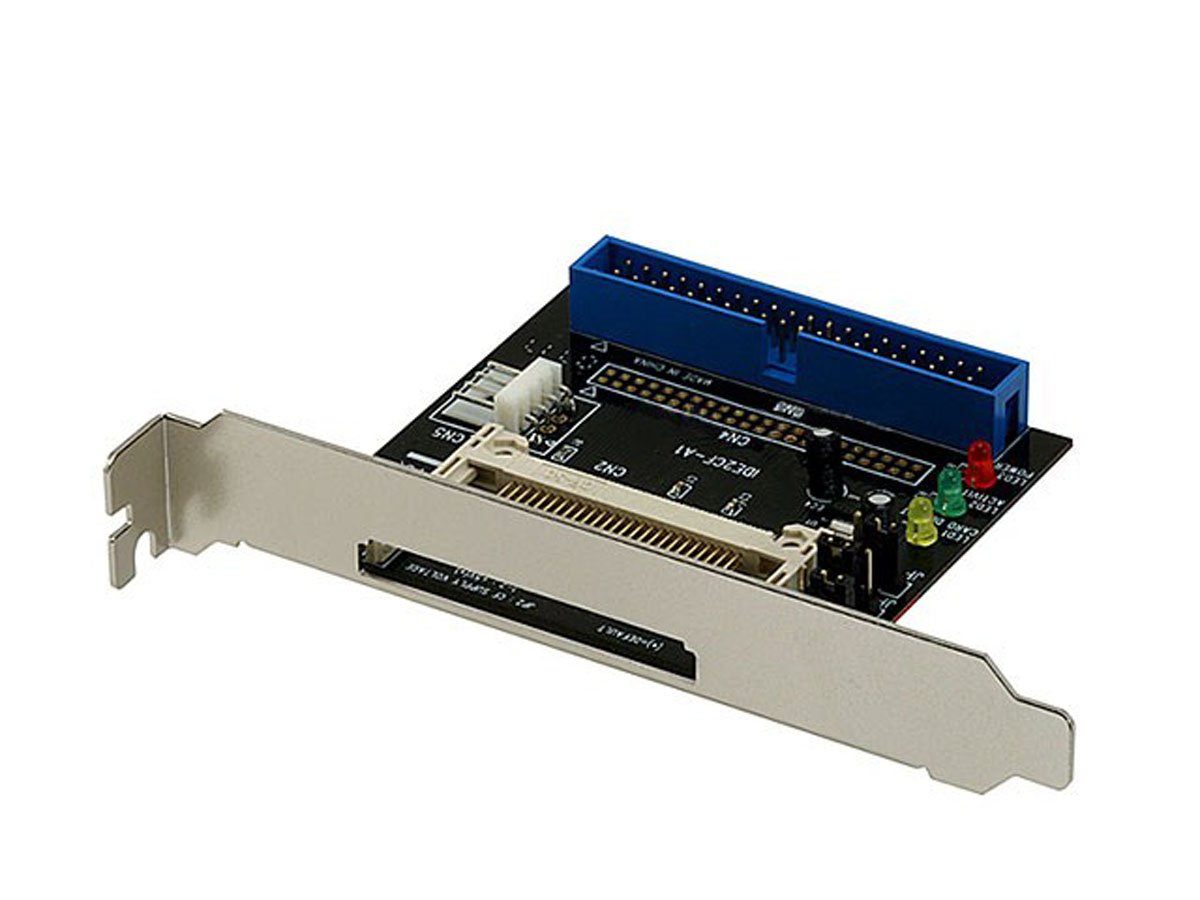Niezgodka wrote on 2021-11-04, 21:07:
The reason I'm asking, is that I will have only one ISA slot in computer, and it would be nice to have PCMCIA cdrom, sound card and network without removing card 🙁
Actually, I've considered this for a build as well - it has two half-length ISA slots on a riser in a tiny low-profile case - oh, and a half-sized babyAT motherboard with no onboard I/O at all. As I got it, one slot had a VGA card, the other a multi-I/O card. Neither could sensibly be left out, but I at last found a half-length ISA VGA + I/O card. Ancient Acumos AVGA1 chipset, but a 486SLC isn't a powerhouse either and I only want to run DOS on this thing. So what to do with other slot? First thought is a decent sound card, but networking would be cool too - and I recently found an old 802.11b PCMCIA WiFi card with Orinico chipset with DOS support.
But reality-check: PCMCIA sound cards are as rare as hen's teeth (I don't have one, closest I come is a Cardbus sound card, but that won't interface to an ISA bus), CD-Rom can be done over PCMCIA, but parallel is probably easier and easier to find too, which leaves you with networking. Wired networking is easier (no TSR drivers needed!) with native ISA, and WiFi is limited to ancient 802.11b-1999 chipsets which can't connect to networks with current (WPA2/WPA3) security, meaning you need a dedicated (and layer 3 secured) network for this sort of stuff.
Only reason I want to try is that I work in the WiFi business, this system is actually in the lab at work for R&R during lunch breakds (boots to Arkanoid Revenge of Doh 😜 ) and I really want to see the looks on my colleagues' faces when I show them that 1980s-looking beige box is not just online but online via WiFi :+
First things first I need to find my ISA-to-PCMCIA adapter card, then find drivers and get them working. Could take a while...
